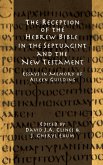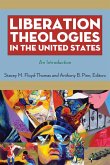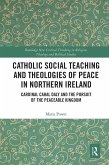This book is a critical analysis and comparison of three Old Testament theologies, those by Helge S. Kvanvig, Historisk Bibel og bibelsk historie (1999), Walter Brueggemann, Theology of the Old Testament (1997), and Erhard S. Gerstenberger, Theologies of the Old Testament (2002). Since Kvanvig's book is written in Norwegian, his book is not generally known among Old Testament scholars outside Scandinavia. The three volumes have different theological profiles. Kvanvig, unlike other Old Testament theologians, allows theology to develop from his analyses of the biblical narratives and the strategies available to readers. Gerstenberger presents Old Testament theology as a plurality of theologies, and his book is as much a history of Israelite religion and ancient Israel's social history as a theology proper. Brueggemann sees Old Testament theology within the framework of a virtual trial between Israel and Yahweh. All three books are to some degree postmodern in their approach to Old Testament theology, Gerstenberger to a lesser degree, Brueggemann to a greater degree. Hagelia argues that Kvanvig's book could with profit be read as a prolegomenon to Brueggemann's book, whereas Gerstenberger's book follows a different track. On the basis of these three eminent contributions, the author outlines a possible future for the business of writing Old Testament theologies, suggesting that future theologies will be much more in conversation with contemporary issues, ethical, political and social, than the traditional theologies of the past have been.
Hinweis: Dieser Artikel kann nur an eine deutsche Lieferadresse ausgeliefert werden.
Hinweis: Dieser Artikel kann nur an eine deutsche Lieferadresse ausgeliefert werden.








